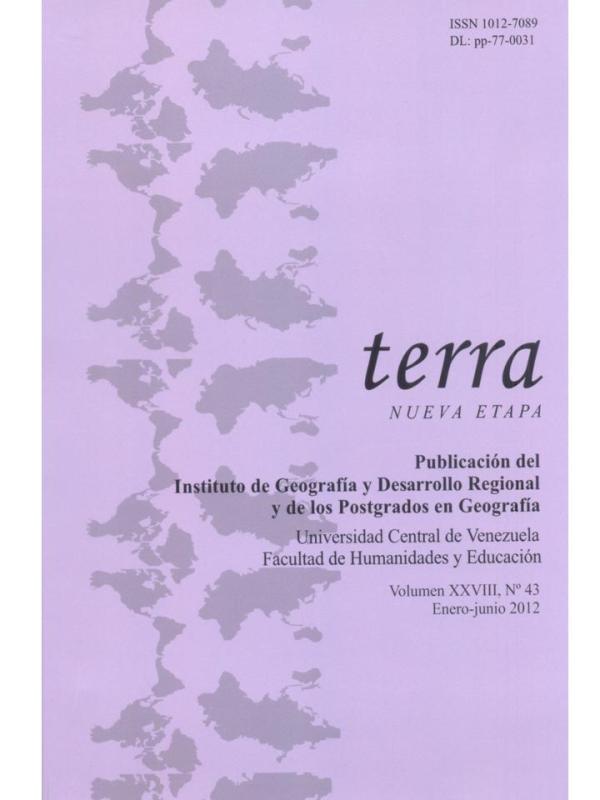LA ORDENACIÓN TERRITORIAL EN LA VENEZUELA BOLIVARIANA. ENTRE LA CATÁLISIS SUSTENTABLE Y LA DESACELERACIÓN PETROLERA
Palabras clave:
territorio, sustentabilidad, endógeno, socialismo, territory, sustainability, endogenousm, socialismResumen
En este artículo se discuten las variaciones en las políticas de ordenamiento territorial del Gobierno de la “Venezuela Bolivariana”, atendiendo a tres momentos cruciales. El primero, corresponde a la aprobación de la Constitución de la República Bolivariana de Venezuela en 1999, en cuyo texto se consagra la obligación del Estado Venezolano en el logro de territorios sustentables. En esta etapa, se formula la propuesta sustentable de la Región Plan Orinoco-Apure. Un segundo momento que nos interesa destacar, es el vinculado al “salto hacia adelante” de 2004, en el cual se resaltó el carácter endógeno del modelo de desarrollo sustentable nacional a seguir. Se privilegió al Eje Norte Llanero como Región Plan. El tercero, concierne a la reorientación socialista del proceso bolivariano a partir de 2007. En esta etapa los postulados del desarrollo duradero alternativo parecen pasar a un segundo plano, a juzgar por los resultados de la evaluación del Plan Socialista Orinoco.The territorial planning in Bolivarian Venezuela. Between the sustainable catalysis and the petroleum deceleration
ABSTRACT
In this article they are discussed the variations in the territorial policies of the “Bolivarian Venezuela” Government, considering three crucial moments: The first one involves the approval of the Constitution of the Bolivarian Republic of Venezuela in 1999, in which it is established the government obligation in the achievement of sustainable territories. In this stage, it was formulated the Sustainable Plan of Orinoco-Apure Region. The second moment we are interested in highlighting, is linked with "jump forward" of 2004, in which it was emphasized the endogenous character of the national sustainable development model to adopt and in which the North Llanero Axis was privileged as the Region Plan. Finally, the third moment has to do with the current socialist reorientation of the Bolivarian Process from 2007. In this stage, the postulates of the alternative durable development seem to go on to a secondary plane, in attention of the evaluation results of the Socialist Orinoco Plan.
Descargas
Los datos de descargas todavía no están disponibles.
Descargas
Número
Sección
Artículos

